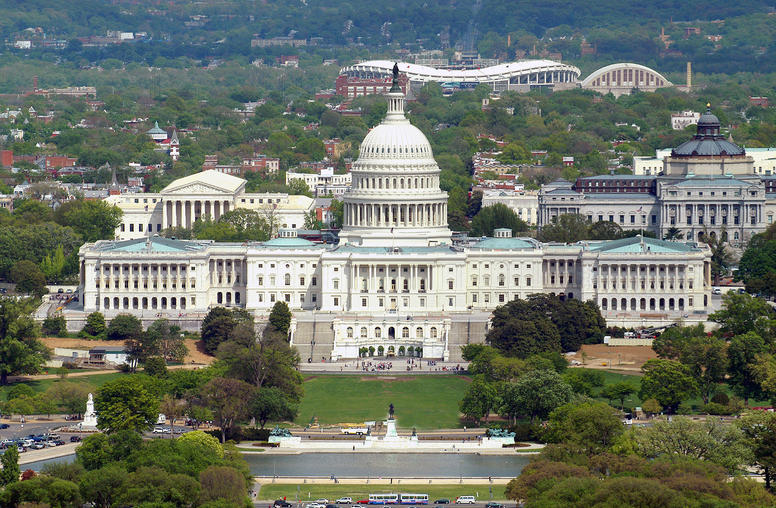Current Realities and Future Possibilities in Burma/Myanmar
In September 2009, the United States announced a new course in its policy toward Burma following a review undertaken by the Obama administration. Recognizing that decades of pursuing policies of isolation and sanctions have done little to influence change in Burma, the U.S. introduced a policy of "pragmatic engagement," initiating efforts to expand channels of communication with Burma’s military leaders.
Against this backdrop, the Asia Society established a high-level Task Force on U.S. Policy toward Burma/Myanmar to assess the new policy direction and provide recommendations for how the U.S. can best pursue this path of engagement. In addition to the work of the task force, the Asia Society partnered with leading policy institutes in countries throughout Asia—including Australia, China, India, Indonesia, Japan, Malaysia, Philippines, Japan, Singapore and Thailand—to bring a regional perspective to this effort. Each institute carried out a review of their country's national policy toward Burma and prepared a report outlining their perspectives.
Please join Task Force Co-Chairs, General (ret.) Wesley Clark and former Administrator of USAID Henrietta Fore, along with Priscilla Clapp, former U.S. Chief of Mission in Burma and the Asia Society's director of policy studies, Suzanne DiMaggio, for a discussion of the report's findings and recommendations. Copies of the Task Force report, "Current Realities and Future Possibilities in Burma/Myanmar: Options for U.S. Policy,” and the collection of national policy reviews will be available at this event. More information is available at: AsiaSociety.org/BurmaMyanmarReport.
Speakers
- General Wesley Clark
U.S. Army (Ret.) - Henrietta Fore
Former Administrator, U.S. Agency for International Development (USAID) - Suzanne DiMaggio
Director of Policy Studies, Asia Society - Priscilla Clap
Former U.S. Chief of Mission in Burma - Richard Solomon, Introductions
President, U.S. Institute of Peace




